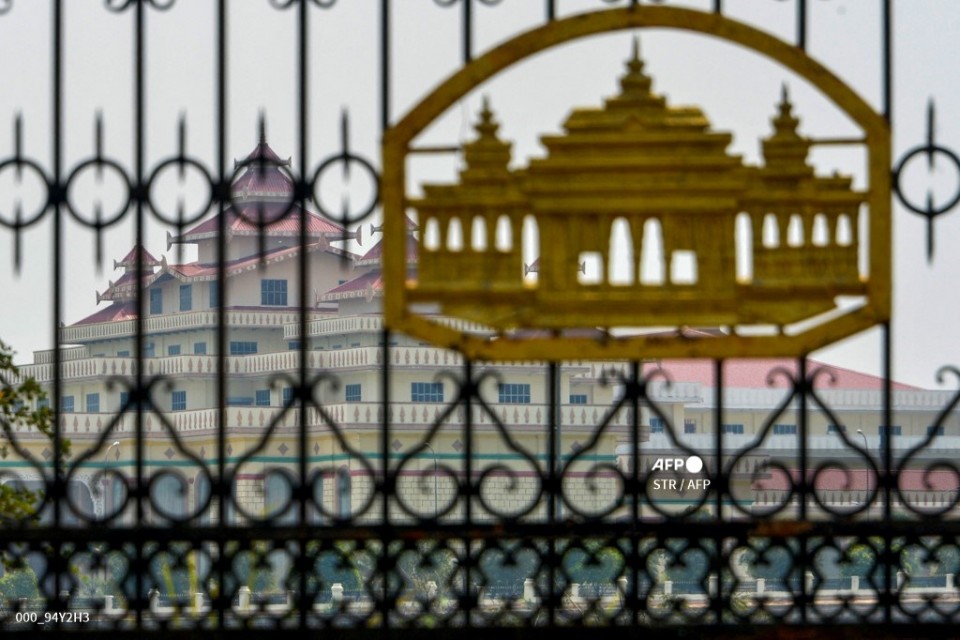
Myanmar’s junta has charged a former central bank deputy governor with corruption, state media reported Wednesday, the latest figure close to Aung San Suu Kyi’s ousted government to be prosecuted by the military.
Trained in the United States and Britain, Bo Bo Nge was appointed in 2017 as liberalisation swept the Southeast Asian nation after the former junta relaxed its grip on power.
He was detained shortly after the coup last year as the military rounded up high-ranking members of Suu Kyi’s civilian government as well as other officials and advisors.
A corruption case was opened after several “complaints” against Bo Bo Nge were examined by the Anti-Corruption Commission, according to a report in the state-backed Global New Light of Myanmar.
They included failing to collect tax due on withdrawals of around $1.4 million from an account held by officials from the Open Society Foundation and other actions that “caused losses to the government”, it said.
A guilty verdict on the charge carries a maximum 15-year jail term although the report gave no details on when court proceedings would begin.
The Anti-Corruption Commission is also prosecuting several charges against Suu Kyi, which her supporters say are baseless.
Myanmar’s economy has slumped since the coup, with its kyat currency plunging against the dollar and rolling power outages in major cities.
Bo Bo Nge’s junta-appointed replacement was shot by unknown assailants in Yangon in April, days after the central bank ordered that foreign exchange earned by locals must be deposited in licensed banks and exchanged for kyat.
Investors flocked to Myanmar after the former military rulers relaxed their iron grip in 2011, paving the way for democratic reforms and economic liberalisation in the country of more than 50 million people.
But human rights groups have pressed foreign companies to rethink their activities in Myanmar following last year’s coup and the subsequent crackdown which, according to local monitoring groups, has left more than 1,800 people dead.
Energy giants TotalEnergies and Chevron, Norway’s Telenor and Japan’s Kirin have all left or announced plans to leave.
bur-rma/rbu/qan
© Agence France-Presse







